Small businesses manage a variety of day-to-day tasks, including customer service. Dealing with customers is taxing but necessary. From answering simple questions to managing complaints—a lot of company time and energy goes into the process.
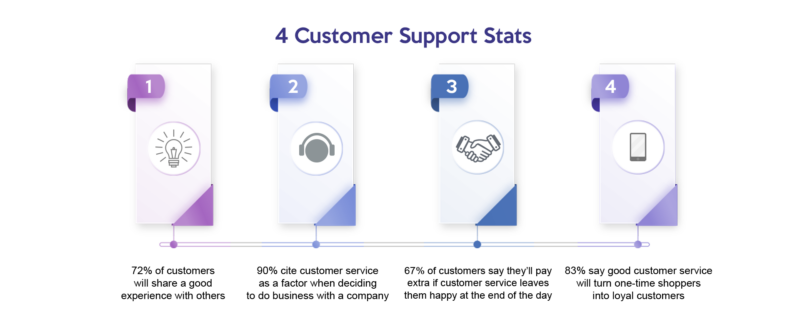
Using an outsourced call center removes the onus of small-picture practices from business owners. It also makes things more cost-effective. Throughout this guide, we’ll explain the benefits and impacts. We’ll also answer the burning question, how much does it cost to outsource customer service?
Why Should You Outsource Customer Service?
Modern consumers expect more than ever from the businesses they patronize. This puts a lot of pressure on small company owners to turn up the customer service game. Apart from avoiding the stress of performing, there are many advantages to an outsourced call center or similar. Here are some of the main benefits to consider.
Time savings
Time is a big piece of any business. There are only so many hours in a day and each must be delegated to its designated department. Internal customer service demands:
- Training costs
- Framework
- Upgrades
- Incentive programs
- Performance reviews
All these components take time away from big-picture management. Delegating customer service tasks to call center agents ensures every area is met by external forces. This leaves you to deal with sales, marketing, human resources, and everything else that keeps a small business running.
Reduced errors
Everyone makes mistakes from time to time. In customer service, the fewer mistakes the better. Dealing with customers regularly makes outsourced agents the voice of your business. When they make mistakes, this reflects poorly on the entire brand.
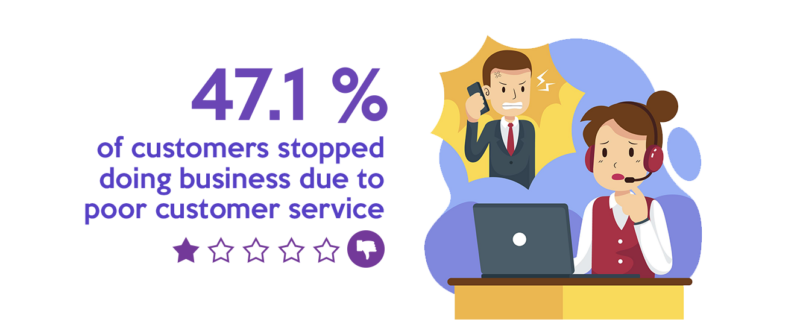
The best way to reduce customer service errors is to create a streamlined system to deal with each issue. Training enhances the follow-through of these blanket guidelines, resulting in consistency and quality.
Outsourcing guarantees your customers are being met by qualified representatives at every turn. These third-party customer service providers train staff with customized guidelines for your business model.
Access to technical expertise
Using an outsourced call center means agents are experienced professionals. They come pre-vetted, pre-trained, and ready to take on the ups and downs of customer relations through inbound or outbound calls.
You also gain access to the expertise, tools, and information of your third-party contractor. Outsourcing is a partnership. You’ll have all the resources of that partnership at your fingertips. These skills are invaluable, especially for smaller businesses just starting up.
Fewer Training Requirements
Without your own internal customer service team, you’re relieved of training duties. This saves time and money in developing training programs, strategies, and tiers of managing different customer concerns.
All training is left to your center outsourcing partner. Working closely with dedicated agents, you can tailor customer service training to match your company’s voice. No need to hire employees to train, or take time out of your management role to train.
Ease of expansion
Expanding a customer service team is a daunting process. It means digging into your budget and overhead costs to bring in new employees. Other steps in the process include:
- Vetting new talent
- Holding interviews
- Calling references
- Paying salary and benefits
- Training new hires
All of these tasks take time and resources away from your current staff and responsibilities. Outsourcing results in greater flexibility and room for growth. And this growth happens on your clock.
Simply let your third-party partner know you need a larger team, and they expand for you.
What Impacts the Cost of Outsourcing Customer Service?
Outsourcing to a call center saves money in some ways, but nothing in life is free. Weighing your options between recruiting in-house or a call center often comes down to center prices.
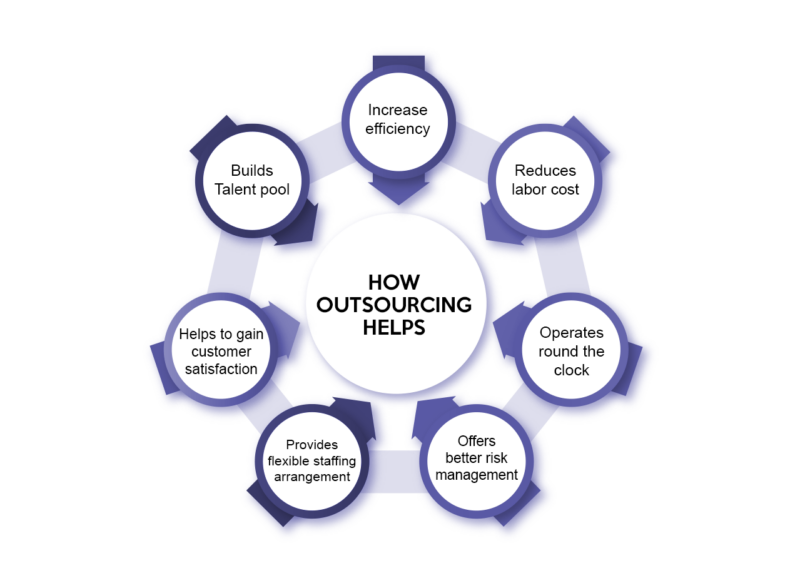
It’s important to explore your budget before committing to outsourcing call center pricing. Determine how much it costs for quality customer service, and shop around with different outsourcing companies.
There are many factors impacting the cost of outsourcing a customer service department. Here are a few of the main factors to consider.
Size of the company
The size of your business directly impacts the cost savings for call center services. Large companies require large customer service teams. In short, your call center coverage is limited to the package you select based on call volume.
Small local businesses selling mainly within a community don’t require extensive customer service teams. Big businesses with e-commerce capability selling nationally or internationally require larger teams of outsourced customer service. This impacts call center pricing.
Level of service needed
Outsourced customer service comes in all shapes and sizes. From in-house staff members to a call center to e-mail and chat with customer service representatives. Your service type will be determined by target customers.
If you’re aiming for customers in the 18 to 35 range, chat, and email is highly prioritized. Whereas, older customers from 45 to 70 may prefer the phone. This is where call volume matters.
Some phone call centers charge by the hour, while others offer a flat rate with cost savings.
Location
Location is important in customer service and call center pricing. Outsourcing to a call center in the United States, for example, will cost two to three times more than an international call center. This falls on pay rate changes between countries.
Location may also impact cost due to time zones. If you run a shop in Los Angeles, but hire a third-party solution based in New York, you’ll be paying a lot of overtime because of the time difference and call volume.
Availability
The timeframe your customer service team is available also impacts the cost of services. Over time, nights and weekends add up to higher premiums for outsourced call center services.
Working 9 to 5 isn’t always ideal for customer service. Your availability should at least meet the hours of operation for your business. Some businesses choose to extend customer service contact to 24/7 availability. This boosts call center pricing.
Customization
How much customization your outsourced service provider offers is a big indicator of price. The more a third-party needs to change training or operations for your business, the greater the cost of call center operations.
Some customizations to consider include dialogue and retention tactics. Small customizations may be included in your package. This is something to discuss with your customer service provider when discussing.
Contract duration
Contract length and minimum service agreement often plays a role in the cost of business undertakings, including outsourcing to a call center or using other center services. Businesses that sign long-term contracts often receive discounts compared to short-term contracts.
Average Costs to Outsource to a Customer Service Company
Through all of this, the remaining question is how much it costs to hire a contact center. Most call center costs are calculated at an hourly rate. This is where company size and availability become important.

On average you can expect to pay $8 to $15 per hour internationally or $22 to $28 per hour domestically for call center costs. International centers are a more cost effective business strategy, but don’t always offer the best business processes.
- Small business: $1,280 to $12,000 a month for international call centers. $3,520 to $22,400 for a U.S.-based call center. This is based on a team of 1 to 5 representatives working Monday to Friday 9 am to 5 pm.
- Mid-sized business: $12,000 to $48,000 a month for international call centers. $22,400 to $89,600 a month for a U.S.-based call center. This is based on a team of 5 to 20 representatives working Monday to Friday 9 am to 5 pm.
- Large business: $48,000 to $240,000 per month for international call centers. $89,600 to $448,000 per month for a U.S.-based call center. This is based on a team of 20 to 100 representatives working Monday to Friday 9 am to 5 pm.
Use the Erlang tool to determine how many customer service reps you need based on the number of calls received in a 30-minute window. You may find your potential outsource provider has a center pricing guide.
Outsourcing Customer Service vs. In-House Customer Service – Direct Comparison
The cost of outsourcing might seem steep, especially if you’re a big business. Comparing in-house to outsourced representatives puts these prices in perspective.

According to Glassdoor, a customer service representative makes $37,941 per year in the United States. Salary isn’t the only cost associated with hiring in-house staff. Here are some other costs to compare.
Initial setup costs
Setting up customer service through outsourcing may include registration or activation fees. This is a one-time fee paid at the time of account creation. On the other hand setup costs for in-house staff are extensive.
Some initial costs for in-house customer service include:
- Software: $500 to $1,000
- Computers and phone systems: $2,000 to $5,000
- Customer service office: $25,000 to $60,000 depending on the type of office space available
- Talent acquisition: $26 to $33 per hour for HR time
These costs add up, creating a debacle for a small company on a tight budget.
Ongoing expenses
There are also ongoing expenses for in-house customer service teams. These are costs that continue throughout the life of your team.
- Hiring a customer service manager: $56,407 annual salary
- Training: This cost fluctuates based on the trainer, materials, and whether you pay employees during the training period.
- Software and hardware technical support and maintenance: 2 to 5% of the total replacement value (RAV) for equipment.
These costs might change based on the size of your business. A small company may not require a customer service manager, for example.
Total cost of ownership
Overall, the total cost of an in-house customer service team is between $85,507 to $125,207. This doesn’t include salary. Add an additional $37,941 per customer service employee on your team.
Choosing the Right Customer Service Outsourcing Provider
Now you’ve got an idea of how much it costs to outsource customer service. It’s time to look at company specifics and what makes a good fit for a third-party customer service partner.
We recommend beginning by exploring The New Workforce. Outsource to pre-vetted, experienced professionals, trained in the latest customer service support methods. The New Workforce also specializes in sales, IT, digital marketing, and more.
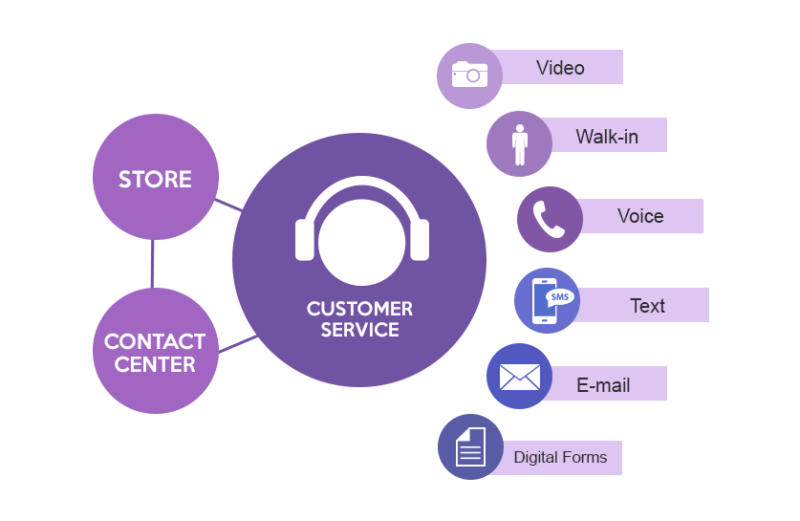
Reputation and experience
Reputation is important. While your customers should never know you’ve outsourced to a third-party, their reputation will directly impact yours. Look at online reviews and customer ratings before selecting the best partner for your brand.
The customer service team representing your brand should be experienced in your field. If you run a real estate agency, it doesn’t do to have a customer service team with no experience in home sales. Training can only accomplish so much. Experience is key.
Quality of service
Customer service quality is important to customer satisfaction. Levels of quality require further experience in terms of escalated customer service issues. It’s important to achieve consistency no matter the issue at hand.
Whether a customer is calling to complain or calling to give praise, your customer service team should be polite, courteous, and helpful.
Some things to consider in terms of quality with call center agents include:
- Agent language
- Experience
- Reward and repercussion protocols
Customer service agents with a quality framework are more likely to perform consistently.
Integration with existing systems
Your customer service team needs to access and navigate your company’s unique systems. Integrating customer service with your existing system is important. From your company website to bespoke CRM platforms, your outsourced team needs to integrate to serve customers.
The last thing you want is for a customer to call with a shipping concern, only to have your customer service agent unable to access the shipping system. Third-party providers not willing to integrate, may not be the best partner for you.
Customer support
The type of customer support you want for your customers will help you choose a provider.
Things like:
- Inbound call centers
- Outbound call centers
- Chat and email
- In-person
Look at the individual services offered by potential outsourcing partners. Don’t be afraid to ask about special services or add-on options. Center costs fluctuate based on service type and level.
People
How many people are available to support your company? The number of staff trained to take on your customer calls is integral to your business. Not only does it dictate the level of customer service coverage you can provide, but it also directly impacts center outsourcing costs.
Processes
What are the processes your outsourcing contact center sets out to complete? Are they willing to research, problem-solve and collect data? Above all, will they aim to find customer resolution at every opportunity? What are their customer retention tactics? These are all great questions.
In Closing
Throughout this guide, we’ve touched on the various elements impacting the outsourcing of customer service. Highlights include benefits such as:
- Reduced errors
- Access to expertise
- Time-saving
- Ease of expansion
- Fewer training requirements
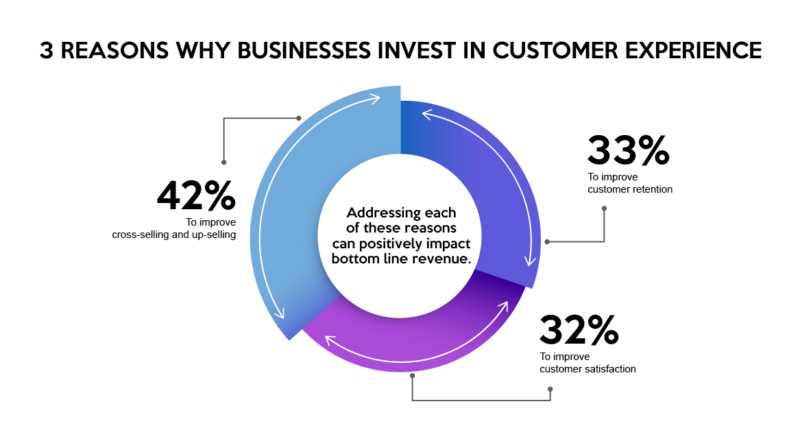
We also talked about the initial and ongoing costs of in-house customer service, including:
- Training
- Talent acquisition
- Equipment
- Office space
- Customer service manager
- Annual salary
- Benefits
- System maintenance
The minimal center costs involved in contact center services are attractive compared to in-house teams. Internal customer service options have more working parts.
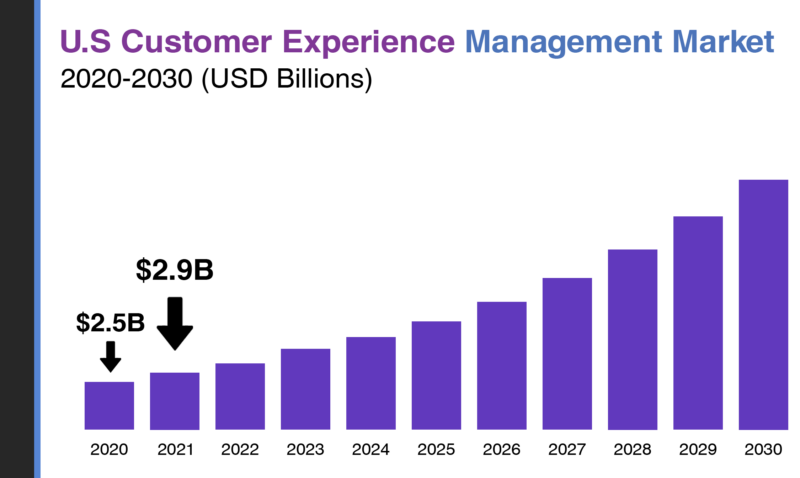
In the end, the choice to outsource is a personal one. It depends on the needs of your business, your budget for center cost, and your customer base.
If you find yourself struggling to maintain customer relations without a dedicated customer service team, it’s time to either hire someone or talk to outsourced call center companies.
As you seek outsourced call centers, think of them as an extension of your own team. Look for someone you’d want to have in your own office, and everything else will fall into place.



Leave A Comment
You must be logged in to post a comment.